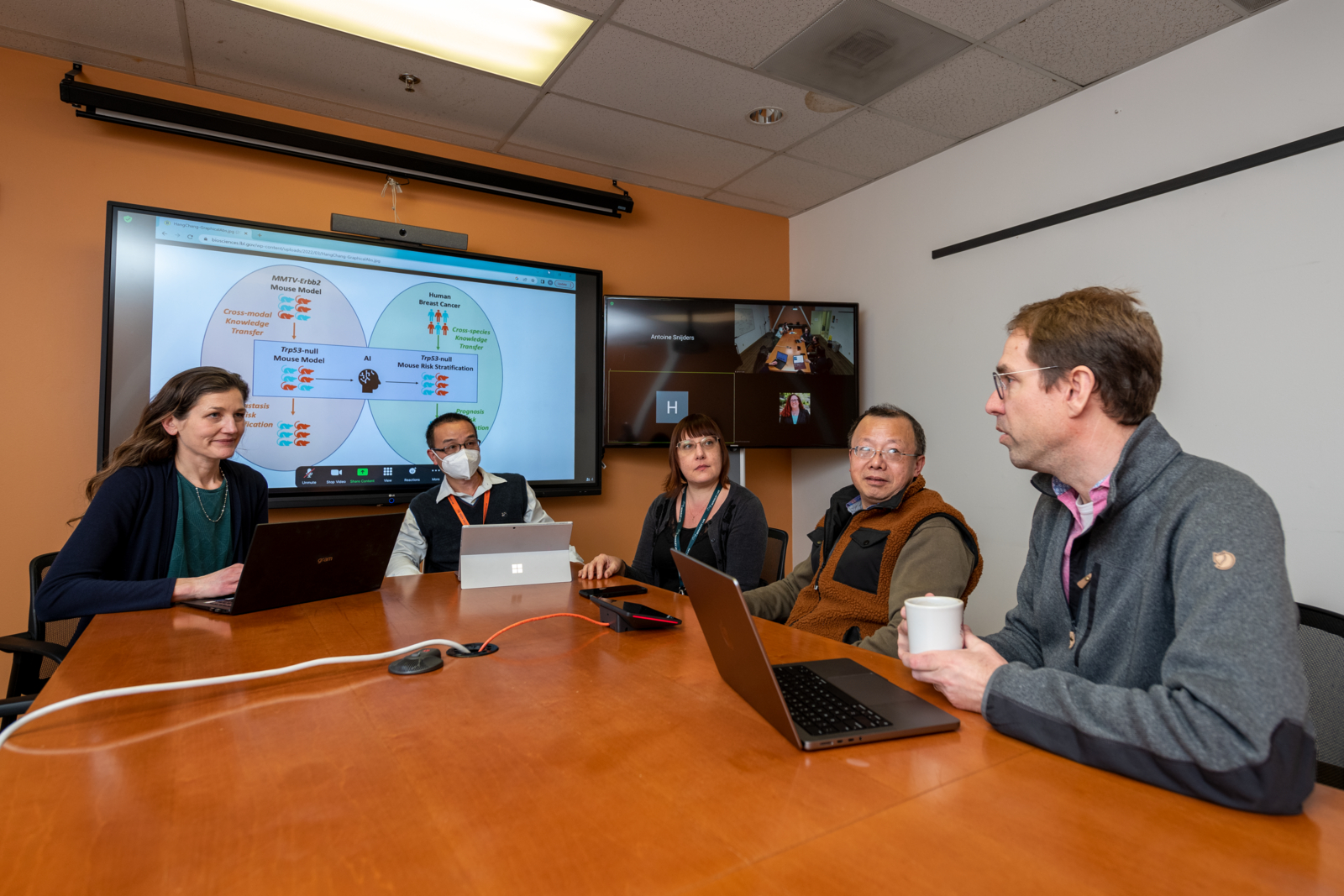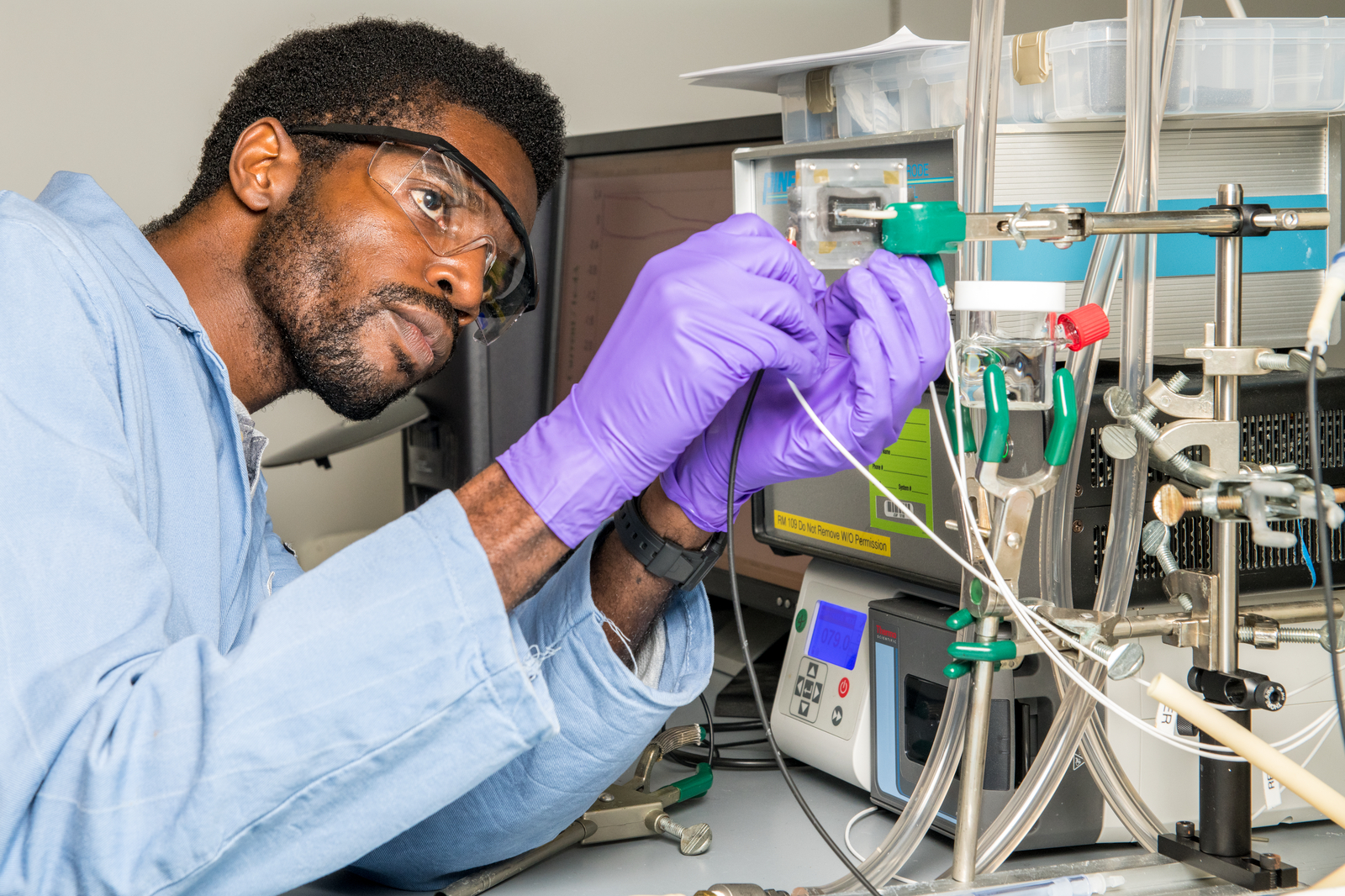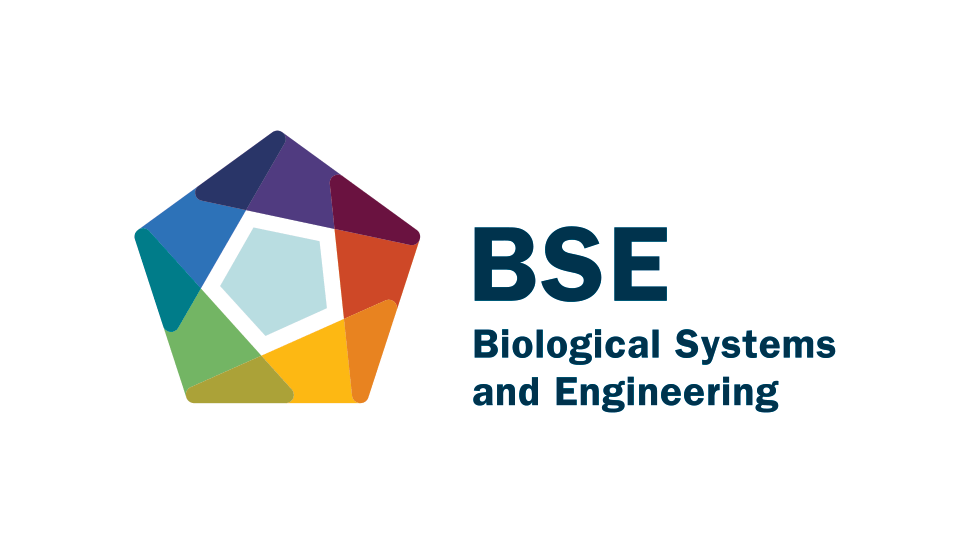
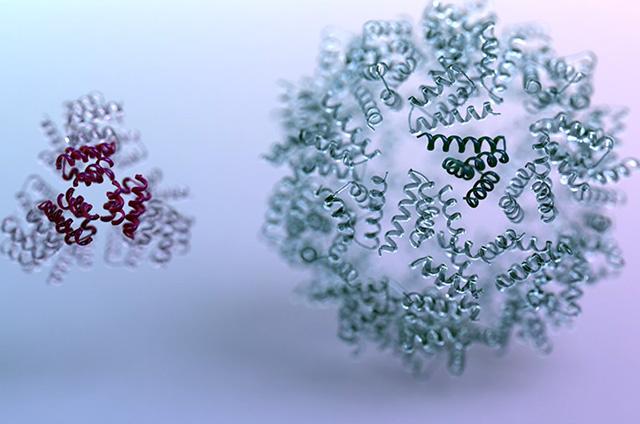

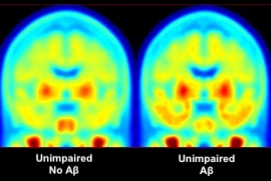
-
Thirdhand Smoke Harms the Body More Than We Ever Realized
A new study found that concentrations of toxic chemicals lingering indoors where cigarettes have been smoked can exceed risk guidelines from the State of California. This means that non-smokers can be exposed to health risks by living in contaminated spaces.
Read the article -
Advancing Cancer Research with Artificial Intelligence
BSE Researchers published two studies that use AI to advance their science to better understand the risks and outcomes of cancer in human health.
Read the article -
Simulations at NERSC Reveal Origins of Brain Electrical Signals
The origin of the electrical signals recorded at the brain’s surface by electrocorticography (ECoG) has long remained a mystery. Kris Bouchard, a staff scientist in the Biological Systems and Engineering (BSE) Division, led a seven-year research effort to understand precisely which neurons are generating the recorded signals.
Read the article -
Bacteria for Blastoff: Using Microbes to Make Supercharged New Rocket Fuel
A group of biofuel experts led by Berkeley Lab took inspiration from an extraordinary antifungal molecule made by Streptomyces bacteria to develop a totally new type of fuel that has projected energy density greater than the most advanced heavy-duty fuels used today, including the rocket fuels used by NASA.
Read the article -
Using Bacteria to Accelerate Carbon Dioxide Capture in Oceans
Peter Agbo, a staff scientist in the Chemical Sciences Division, with a secondary appointment in the Molecular Biophysics and Integrated Bioimaging (MBIB) Division, has proposed a novel method for direct ocean capture of carbon using microbes. Removing CO2 from the oceans will enable them to continue to do their job of absorbing excess CO2 from the atmosphere.
Read the article


